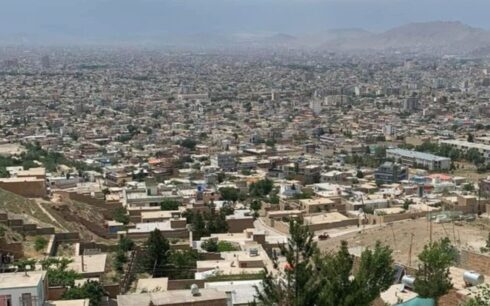Flood victims in Ghor and Baghlan provinces said they are in dire conditions and have yet to receive any assistance.
Fawzia, a 58-year-old flood victim in Ghor, expressed her concern over her home being reduced to ruins.
She and her family have sought refuge in Firozkoh, the provincial capital, fearing further floods.
“The flood took everything we had, all our belongings, even our dishes, and we have received no help,” Fawzia lamented.
In addition to the destruction of hundreds of hectares of farmland and the loss of livestock, the flood victims in Ghor are still awaiting aid. Mohammad Nasim, another victim, said, “No organization has helped us. Whatever we had, the flood took it all. We had gardens where we planted potatoes, onions, and carrots—all gone.”
Another victim, Shayesta, shared similar hardships: “We couldn’t save anything, not even our carpets. We left with nothing. Our entire life is buried under mud, and we have received no help so far.”
Despite the dire situation, the European Union has allocated €200,000 (approximately 15.5 million Afghanis) for the recent flood victims in western, northern, and northeastern Afghanistan. Earlier this month, the EU announced an additional €400,000 in aid for Afghan flood victims.
Over the past two weeks, Baghlan, Badakhshan, Takhar, Ghor, and Faryab provinces have experienced severe flooding, causing casualties and significant financial losses, displacing many residents.
The United Nations Office for the Coordination of Humanitarian Affairs (OCHA) previously reported that the recent floods in Afghanistan have affected 60,000 people, killed 449, and destroyed or damaged nearly 10,000 homes.





